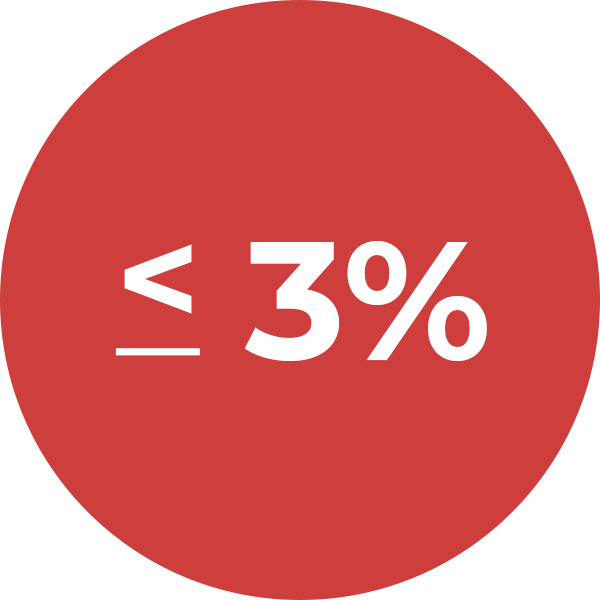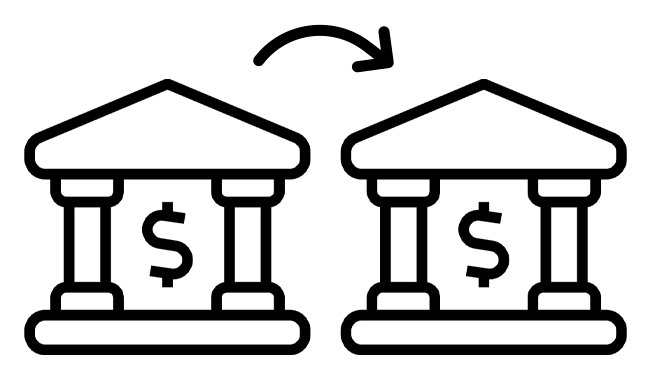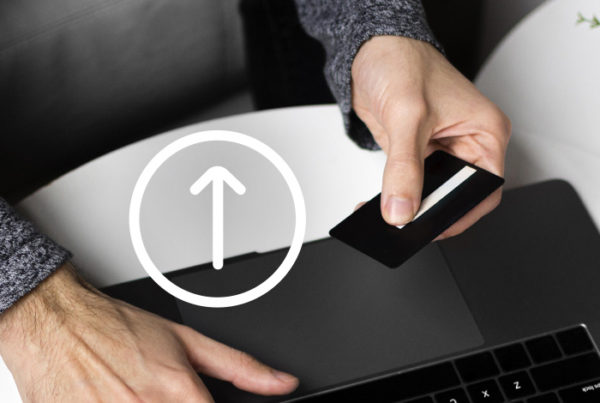Surcharging is a hot topic in media finance. Broadcasters love the idea of getting paid faster and automating the process. They are glad to eliminate paper invoices and checks, but many still have objections over the cost of accepting electronic payments. One remedy to minimizing credit card fees is surcharging. It’s a complex topic; you’ll find answers in this surcharging FAQ.
What Is Surcharging?
Surcharging describes a process where companies pass on to customers a portion of credit card processing fees, which can be a flat or tiered rate. The surcharge is a percentage of the purchase and cannot exceed 3%. Card processors set the rate. You cannot profit from surcharging, and it must be the same across all credit card brands.

What’s the Difference Between Surcharging and Convenience Fees?
Surcharging and convenience fees represent two areas of lowering processing costs. A convenience fee describes a cost for the “convenience” of someone being able to pay with an alternative payment channel outside your customary payment channel.
Convenience fees are flat dollar amounts, whereas surcharging is a percentage of the transaction. You can charge a customer a convenience fee in all 50 states. Another difference is that convenience fees are not permissible on card-present transactions.
Businesses have compliance requirements for surcharging and convenience fees, including abiding by credit card brand rules, disclosing the fee to customers and adhering to state or local restrictions.
What Types of Transactions Can Include Surcharging?
You can only surcharge credit card transactions. Surcharging does not apply to debit cards, prepaid cards, ACH payments or cash.

Are Many Radio Stations Employing Surcharging? What Are the Results?
There’s no definitive data on surcharging in the industry. In our experience, we’ve found that some stations are eager to implement it to protect their margins. Others are adamant about not using it, as it could dissuade customers from paying online.
We’ve also had customers who were surcharging decide to stop doing so because they saw a decline in electronic transactions. Our internal data shows this to be a result, but it may only decrease credit card payments while debit and ACH payments grow.
Our payment platform allows for surcharging if the station determines this is the best option to minimize processing costs.

Which States Allow Surcharging?
Many states do allow for surcharging, and companies must abide by each card brand’s guidelines covered in the merchant agreement. Others have banned it or have caveats or restrictions.
We recommend researching the laws applicable to your state and discussing any concerns with legal experts.
What Are the Rules and Requirements for Surcharging?
These vary by state, but there are some universal requirements:
- Businesses must abide by their merchant agreement with credit card companies regarding surcharging.
- Surcharging cannot exceed 3%.
- Signage or disclosure within a payment portal or in person must be clear and direct about the surcharge fee.
- The surcharge must be itemized on the receipt.
- Businesses must notify credit card brands 30 days prior to implementing surcharging.
What Penalties Could a Company Encounter If They Aren’t Compliant?
There are consequences to not following the laws and credit card brands’ rules. Card brands can levy noncompliance fines. Businesses could also face civil penalties if they do not comply with state or local laws.
What Verbiage Must You Use to Notify Customers About Surcharging?
Credit card companies often provide a template, but the language can be quite simple, such as these examples:
“We impose a surcharge on credit cards that is not greater than our cost of acceptance.”
“We impose a surcharge of X% on the transaction amount on credit card transactions, which will not exceed our cost of acceptance. This applies to credit cards only.”
Can You Choose Which Card Types to Surcharge?
No, you must apply the same rate to all credit card transactions. There’s no distinction between card brands or a consumer, rewards, corporate or business card.

How Does the Surcharge Fee Get Added in a Payment Platform?
If you elect to surcharge, your providers will need to configure your payment solution, and you will need to notify the card brands that you intend to surcharge. Depending on the capabilities of your payment platform, you may have to make manual calculations within your payment portal, particularly for transactions made manually within the portal rather than through an embedded payment solution.
The appropriate disclaimer language on the receipt (and the order, depending on the state) must also be present to remain compliant with card brand and state requirements. Once a customer enters a card number, the system automatically distinguishes a credit card from a debit card. The surcharge fee is automatically added to the payment due amount. The process also adds the itemized expense to their receipt.
Using a reputable system helps you remain compliant, but it’s imperative that you understand card brand and state requirements on compliant surcharging.
What Are Alternatives to Surcharging to Reduce Processing Fees?
If you want your advertisers to pay electronically but want to lower the costs of credit card processing, you can encourage them to make ACH payments, which may have a much lower rate. Some customers will still want to use their credit cards to acquire benefits like points, miles or rewards. Although not recommended, you can limit electronic payments to only ACH, but it’s advantageous to communicate consistently about the benefits of using these payment options.

Should You Surcharge?
After reviewing this surcharging FAQ, you may have more concerns and considerations. There are pros and cons to surcharging. It is a great approach to cost recovery, but it may deter some customers who will revert to paper checks, which have costs themselves and can take weeks to arrive, impacting cash flow.
You should weigh the benefits and risks and check in with legal counsel. For more information on surcharging using PayNow, contact your customer success manager. If you’re not a current PayNow customer, you can request a demo below.






